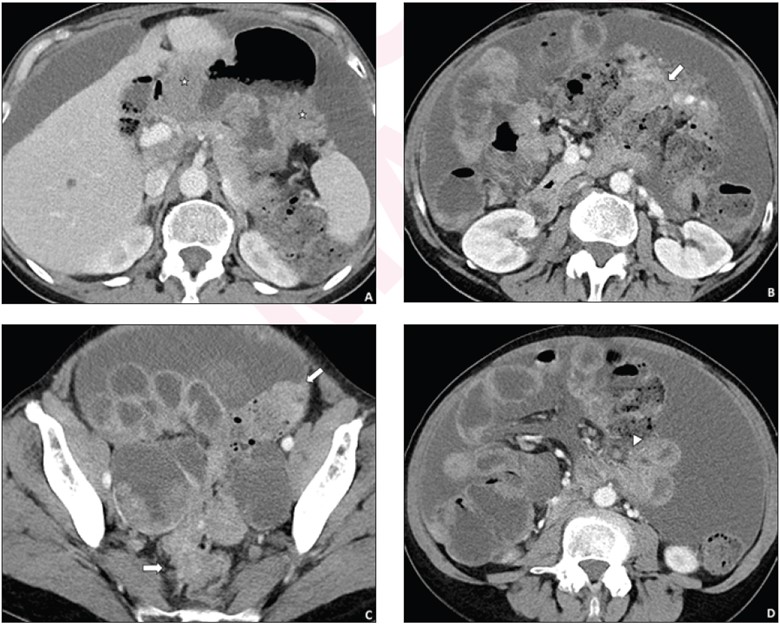Synoptic Reports Improve Pretreatment CT in Advanced Ovarian Cancer Patients
Images

A synoptic report improved completeness of pretreatment CT reports in patients with advanced ovarian cancer, including for established sites of unresectable or challenging-to-resect disease, according to a study published in the American Journal of Roentgenology.
“An ovarian cancer synoptic report increased completeness of reporting, facilitating referrer communication and having the potential to improve clinical decision-making,” wrote first author Pamela Causa Andrieu, MD, from the department of radiology at Memorial Sloan Kettering Cancer Center in New York City.
The study included 205 patients (median age, 65 years) who underwent contrast-enhanced abdominopelvic CT before primary treatment for advanced ovarian cancer from June 1, 2018 to January 31, 2022. A total of 128 reports generated before March 31, 2020 used a simple structured report (i.e., free text organized into sections). Meanwhile, 77 reports generated after April 1, 2020 used a synoptic report—list of 45 anatomic sites relevant to ovarian cancer management, each classified in terms of disease absence versus presence. Reports were reviewed for completeness of documentation of involvement of the 45 sites. In patients who underwent neoadjuvant chemotherapy based on diagnostic laparoscopy findings or who underwent primary debulking surgery with suboptimal resection, Andrieu and colleagues reviewed electronic medical records to identify surgically established sites of unresectable or challenging-to-resect disease. Gynecologic oncology surgeons were electronically surveyed.
Ultimately, in patients who underwent CT before ovarian cancer treatment, involvement of surgically established unresectable or challenging-to-resect disease sites was mentioned in 37% (11/30) of simple structured reports, compared to 100% (13/13) of disease-specific synoptic reports. Moreover, all gynecologic oncology surgeons surveyed by the authors of this AJR accepted manuscript reported that synoptic reports impacted treatment selection and benefited their practice.